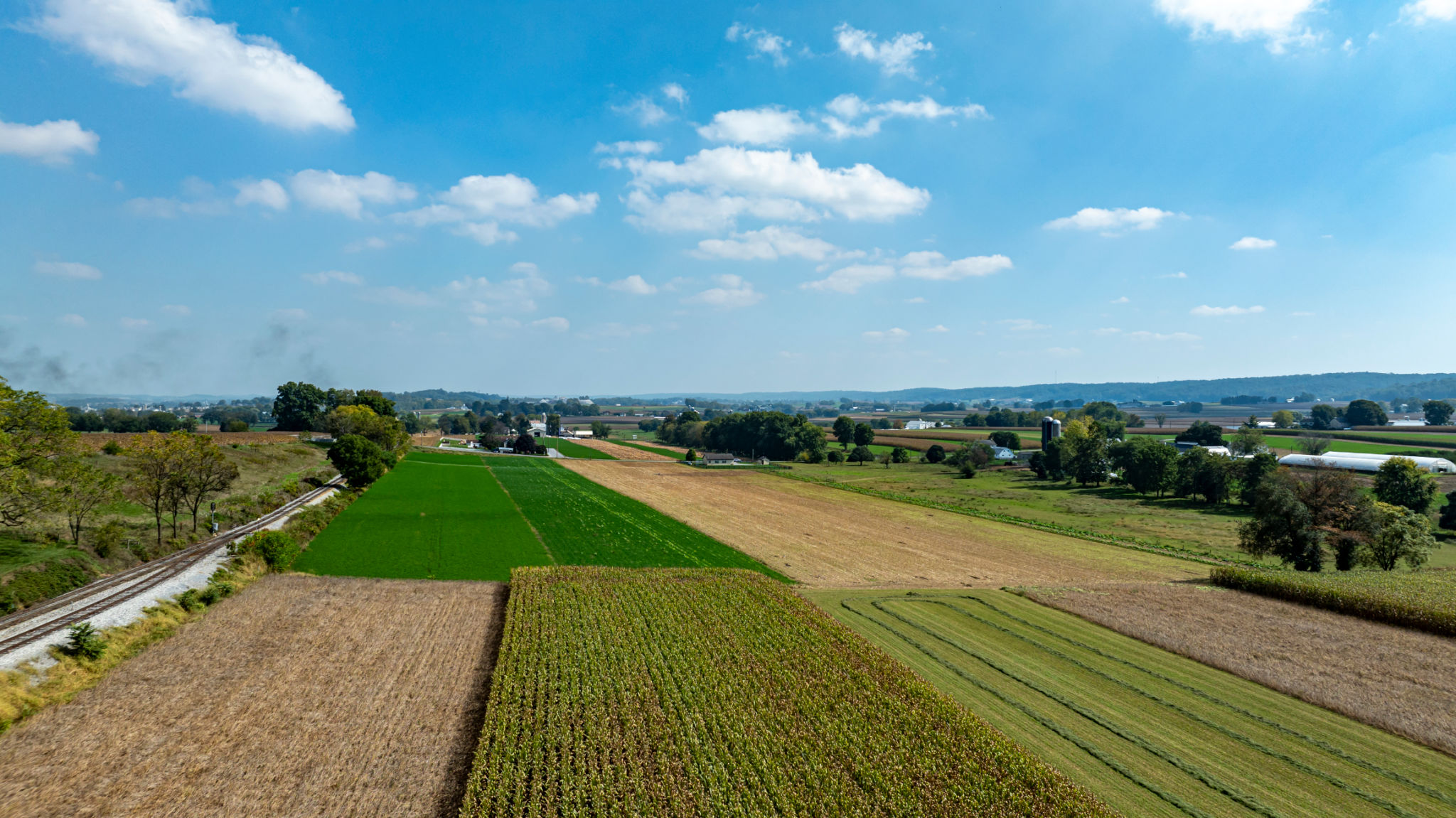Case Study: Successful Soil Health Improvement Strategies in Ocala
Introduction to Soil Health Improvement
Soil health is a vital component of sustainable agriculture and environmental stewardship. In Ocala, Florida, a region known for its diverse agricultural activities, improving soil health has become a priority for many farmers and landowners. This case study explores the successful strategies implemented in Ocala to enhance soil quality and productivity.
Improving soil health involves a combination of practices that focus on increasing organic matter, enhancing microbial activity, and promoting soil structure. These practices ultimately lead to better water retention, nutrient availability, and crop yields.

The Role of Cover Crops
One of the most effective strategies adopted in Ocala is the use of cover crops. These crops are grown not for harvest but to cover the soil and improve its quality. Common cover crops include clover, ryegrass, and vetch, which are chosen for their ability to fix nitrogen and add organic matter to the soil.
Farmers in Ocala have found that incorporating cover crops into their rotation not only enhances soil fertility but also helps in weed suppression and erosion control. This practice has been instrumental in reducing the need for synthetic fertilizers, leading to more sustainable farming methods.
Benefits of Crop Rotation
Crop rotation is another crucial practice in Ocala's soil health improvement strategy. By alternating different types of crops on the same land, farmers can break pest cycles, reduce disease pressure, and improve soil structure. For instance, rotating legumes with grains can enhance nitrogen levels in the soil naturally.

Conservation Tillage Practices
Conservation tillage has gained popularity among Ocala farmers as a means to reduce soil disturbance and maintain organic matter levels. Techniques such as no-till and reduced-till minimize the disruption of soil structure and help in preserving moisture levels.
These practices not only improve soil health but also reduce fuel consumption and labor costs associated with traditional tilling methods. As a result, conservation tillage contributes to both environmental and economic sustainability.
Implementing Organic Amendments
The use of organic amendments like compost and manure is another effective strategy for improving soil health in Ocala. These materials add essential nutrients and improve the soil's ability to retain moisture and support microbial life.

Farmers have observed significant improvements in soil texture and fertility when applying organic amendments regularly. This practice also aids in reducing reliance on chemical fertilizers and enhances the overall resilience of agricultural systems.
Monitoring and Assessing Soil Health
Regular monitoring and assessment are key to understanding the effectiveness of soil health improvement strategies. In Ocala, farmers employ soil testing to track changes in nutrient levels, pH balance, and organic matter content.
This data-driven approach allows for more precise adjustments in farming practices, ensuring that soil health initiatives are tailored to specific needs and environmental conditions.
Community Collaboration and Education
Improving soil health in Ocala is not just an individual effort but a community endeavor. Local agricultural organizations and extension services play a pivotal role in educating farmers about best practices and emerging techniques.

Workshops, field days, and collaborative projects foster a culture of learning and innovation, enabling farmers to share experiences and insights. This collective effort ensures that soil health improvement remains a priority for future generations.
Conclusion
The journey towards better soil health in Ocala demonstrates the power of integrated strategies and community collaboration. By adopting practices such as cover cropping, crop rotation, conservation tillage, and organic amendments, farmers are enhancing the productivity and sustainability of their lands.
As these efforts continue to evolve, the success story of Ocala serves as an inspiring model for other regions aiming to improve their soil health and embrace sustainable agricultural practices.